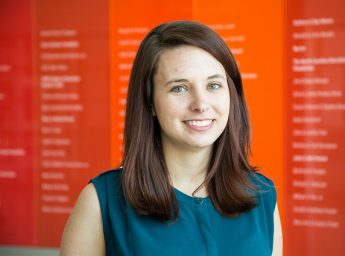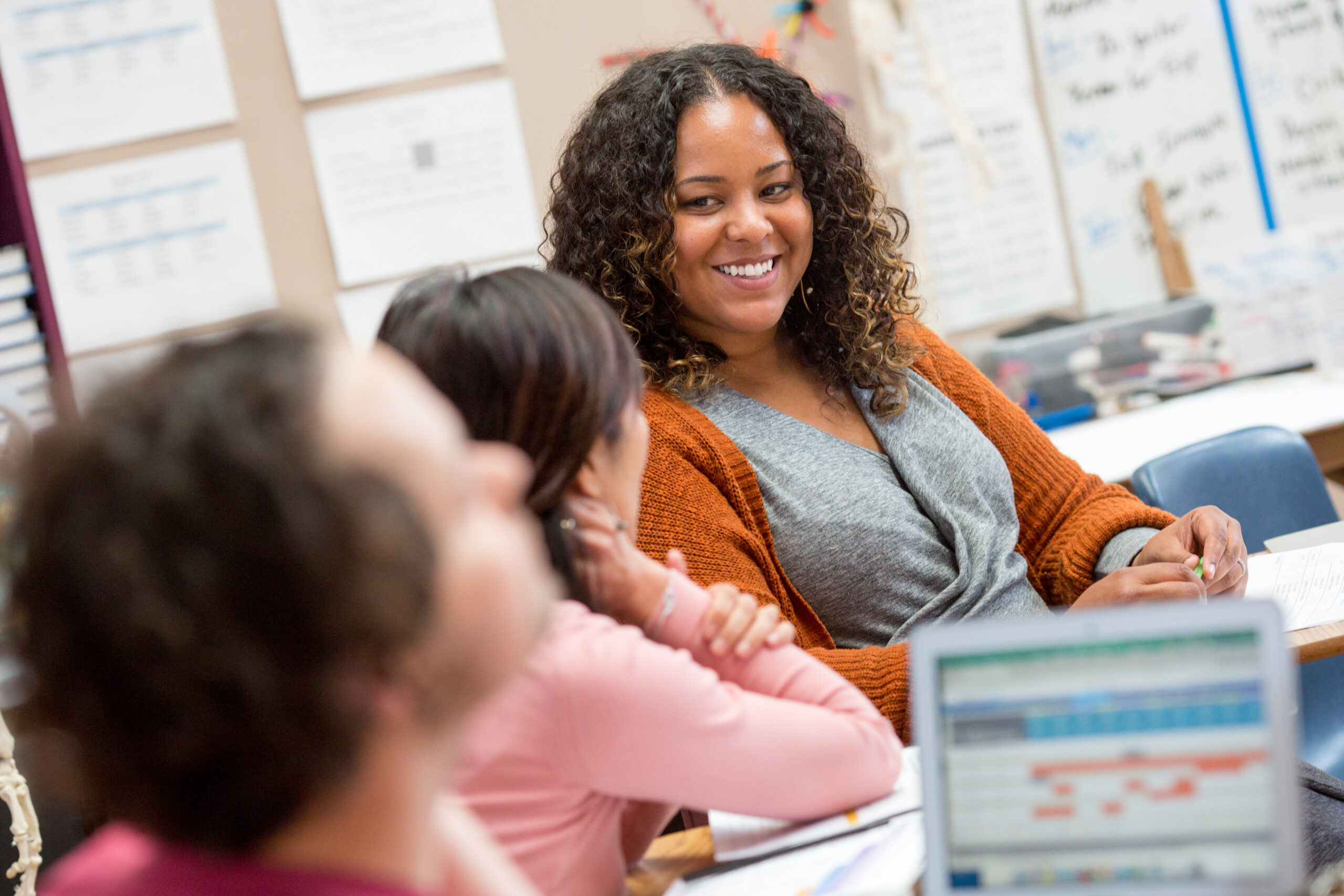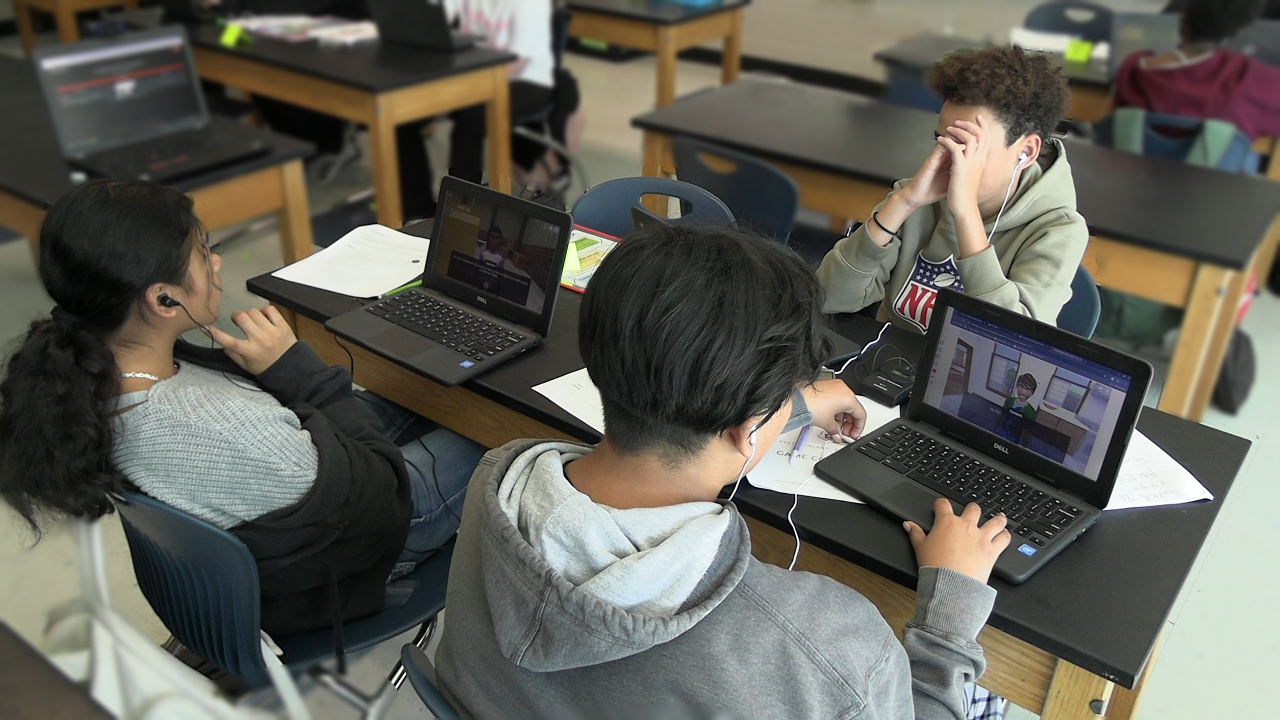Whole Child: Navigating the intersection of mental health, social and emotional learning and learner agency
All of us who work in education strive to create classroom and school environments where students feel safe, supported and empowered to learn. In order to pursue student self-advocacy and agency of their learning where they are leaders and a valued voice in their education, we must first take a look at the foundational needs of a student and develop their social and emotional awareness of self and others in order to better foster responsible choices in their learning.
Understanding Maslow’s Hierarchy of Needs in Education
Maslow’s Hierarchy of Needs, a psychological theory introduced by Abraham Maslow in 1943, suggests that individuals must satisfy certain basic needs before they can reach higher levels of self-actualization. This theory, often depicted as a pyramid, starts with physiological needs (food, water, shelter) at the base, followed by safety, love and belonging, esteem and self-actualization at the peak.

In the educational context, these needs manifest as follows:
- Physiological Needs: Access to nutritious meals, sleep and physical health.
- Safety Needs: A secure and non-threatening school environment, both physically and emotionally.
- Love and Belonging Needs: Positive relationships with peers and teachers, a sense of community and social inclusion.
- Esteem Needs: Recognition of achievements, self-confidence and a sense of purpose.
- Self-Actualization: The ability to pursue personal growth and learning, creativity and problem-solving.
For students to reach their fullest potential, all these needs must be met. This requires educators to prioritize student mental health and social and emotional learning (SEL), which serve as the foundation for developing student agency in learning.
The Role of Student Mental Health in Learning
Mental health is a critical component of the safety and physiological needs in Maslow’s hierarchy. A student experiencing anxiety, depression or trauma cannot fully engage in learning, as their energy and focus are diverted to managing these challenges. Addressing student mental health means providing access to counseling, creating a supportive school climate and fostering connections with trusted adults.
Schools that prioritize mental health help students feel safe and valued, enabling them to participate more fully in the learning process. This foundational support is essential for students to move up Maslow’s hierarchy, progressing from merely surviving in the classroom to thriving and engaging with their teachers, peers and content in meaningful ways.
Social and Emotional Learning as the Gateway to Esteem and Belonging
Social and Emotional Learning (SEL), as defined by the CASEL Framework, encompasses five core competencies: self-awareness, self-management, social awareness, relationship skills and responsible decision-making. These competencies directly correlate with the middle levels of Maslow’s hierarchy—love and belonging and esteem.

- Self-Awareness and Self-Management: Students who understand their emotions and can regulate them are better equipped to handle challenges and stay focused on their goals. This is fundamental for building self-esteem and resilience.
- Social Awareness and Relationship Skills: Recognizing and empathizing with the emotions of others, forming positive relationships and working collaboratively are key to building a sense of community and belonging in the classroom.
- Responsible Decision-Making: Making choices that are ethical and constructive for oneself and others is a core skill of learner agency. In order for students to make decisions in their learning and advocate for themselves and others, students must be able to think through a decision, measure the impact of the choice on one’s self and others and make a responsible, ethical choice.
- Self-Awareness: Students who understand their strengths, weaknesses and learning preferences can advocate for their needs and set personal learning goals.
- Self-Management: With strong self-regulation skills, students can persevere through challenges, manage their time effectively and take responsibility for their learning.
- Social Awareness and Relationship Skills: Collaborative learning and seeking feedback are essential for academic growth. Students who can communicate effectively and work with others are better positioned to take charge of their learning experiences.
- Responsible Decision-Making: The ability to make thoughtful decisions empowers students to navigate their learning paths, choose relevant projects and engage deeply with the content.
When SEL is integrated into the curriculum, it creates a learning environment where students feel connected, valued and understood. This sense of belonging and esteem is essential for students to take ownership of their learning journey and informs their ability to impact their learning experiences by identifying what they need, what others need and how their decisions impact themselves and others around them.
Learner Agency as a Pathway to Self-Actualization

Learner agency refers to the capacity of students to act independently and make choices about their learning. When students have agency, they become active participants in their learning, setting goals, reflecting on their progress and seeking out resources to deepen their understanding. In order to foster learner agency, students must first have an understanding, capacity, opportunity and will.
Understanding: For students to exercise agency, there must be an investment of time to ensure that students not only have foundational content knowledge and background information but also opportunities to dialogue about their learning and engage and reflect upon authentic experiences to determine how they learn best.
Capacity: Students need the capacity—the knowledge, skills and competencies—to effectively engage in learning agency which include, but are not limited to, academic skills and social and emotional skills and competencies. Without capacity, students may feel overwhelmed or incapable of making effective choices, leading to frustration and disengagement. It is the role of educators to scaffold learning experiences that gradually build these competencies, equipping students with the tools they need to take charge of their education.
Opportunity: For students to exercise agency, they must be given authentic opportunities to make decisions about their learning. This could include allowing students to set their own academic and personal goals; providing options for projects, topics of interest or the mode of presentation; and encouraging students to reflect on their learning progress and challenges.
Will: Students must be motivated to take the reins of their learning journey. This can be supported by positive, supportive relationships with teachers, peers and mentors that are encouraging and affirming when a student takes risks and engages in learning.
When students’ physical and social needs are met, and they are empowered with the understanding, capacity, opportunity and will to engage and impact their learning experience, they have reached self-actualization.
By addressing student needs holistically—supporting mental health, nurturing social and emotional skills, and empowering students to take control of their learning—educators can create environments where all students have the opportunity to reach their highest potential. In doing so, we lay the groundwork for not just academic success but for lifelong learning and personal growth.
_______________________________________________________________________
Ready to dive in or learn more?
Professional Development |
We understand that academic achievement alone does not encompass a student’s full potential. Our program integrates leading research from fields such as brain science, educational psychology and holistic pedagogies. We present this research in a format that is accessible and directly applicable to everyday classroom practices.
Our Whole-Child Program entails professional development, online courses, resources and strategic planning support for with the independent application and integration of these areas or the full approach:
- Social and Emotional Learning (SEL)
- Learning Differences
- Learner Agency
To learn more about our Whole-Child Program offerings and how they may benefit your school, please visit our website at fi.ncsu.edu/teams/pllc/ or reach out directly to Brittany Miller at brittany_miller@ncsu.edu.
Free Online Professional Learning |
If you would like a deeper understanding of the social and emotional learning skills and competencies and how to best support their growth in students we invite you to our FREE Social and Emotional Learning for Educators modules.
If you are interested in fostering learner agency in each and every student, we have three newly revised modules both for educators and school leaders available for free on our learning platform, PLACE.
Register now at place.fi.ncsu.edu

- Categories:


